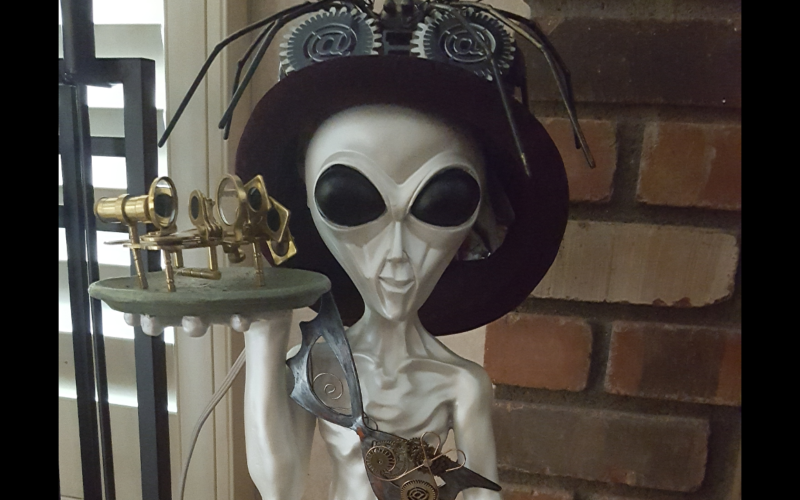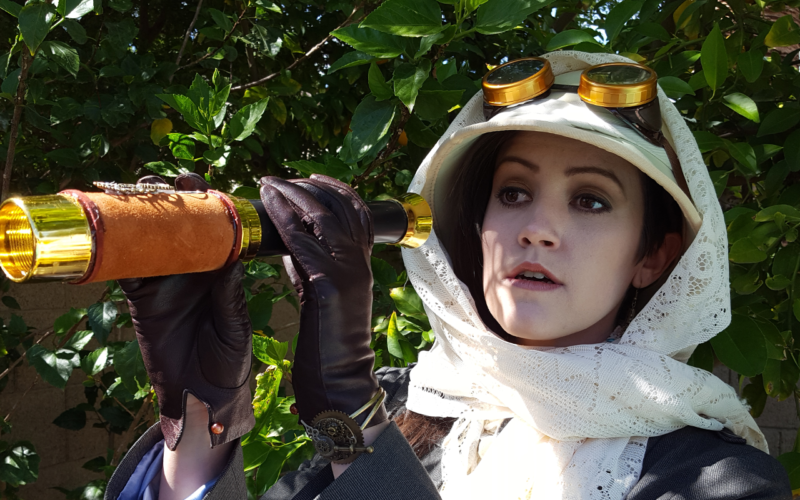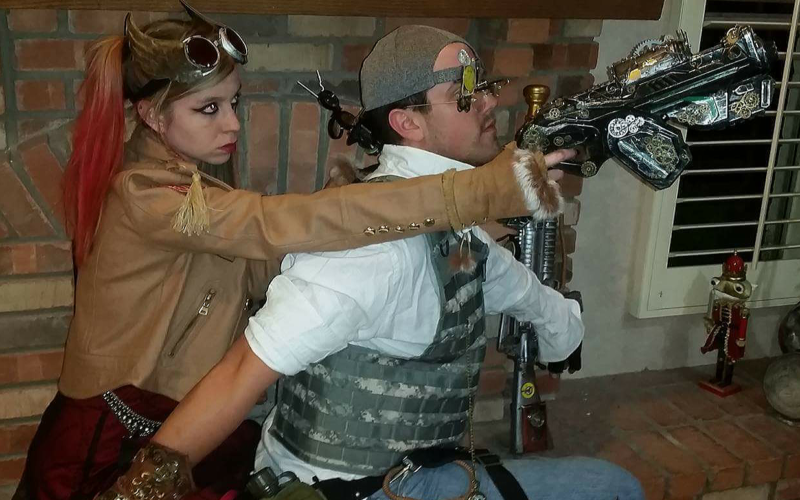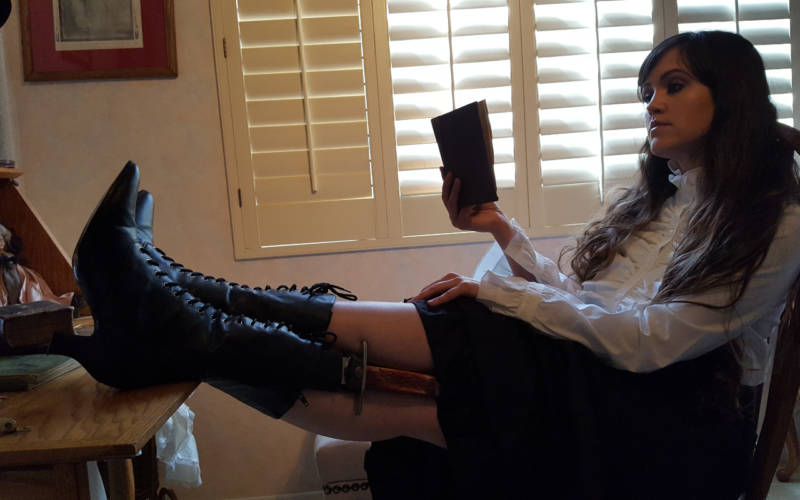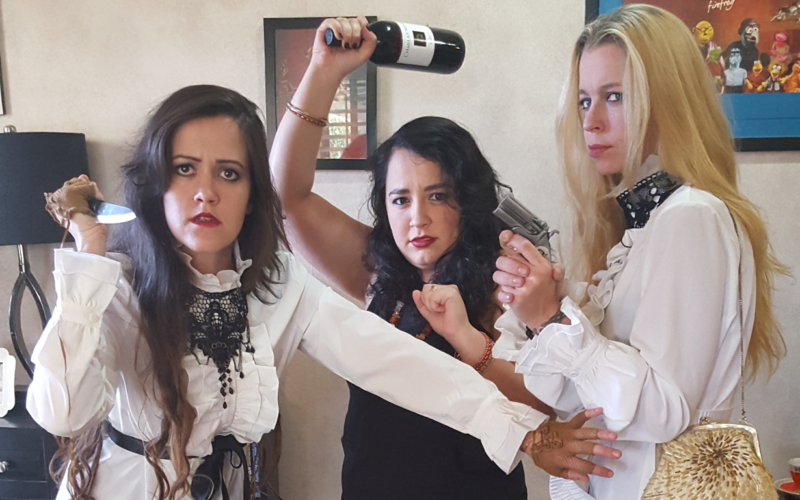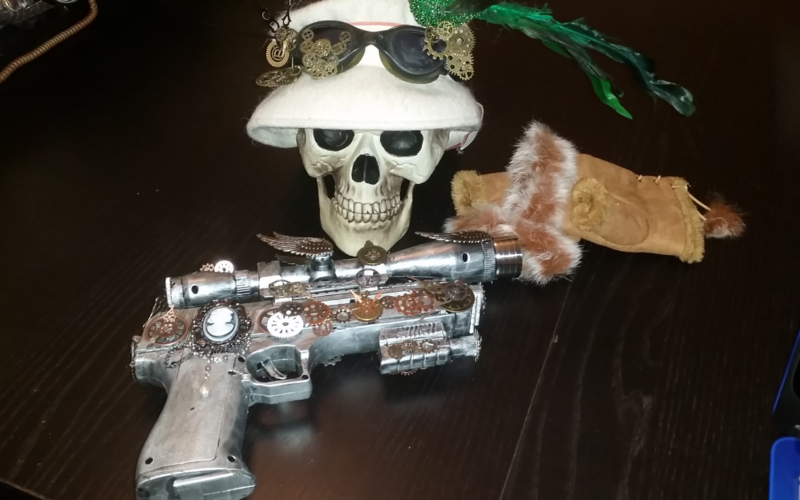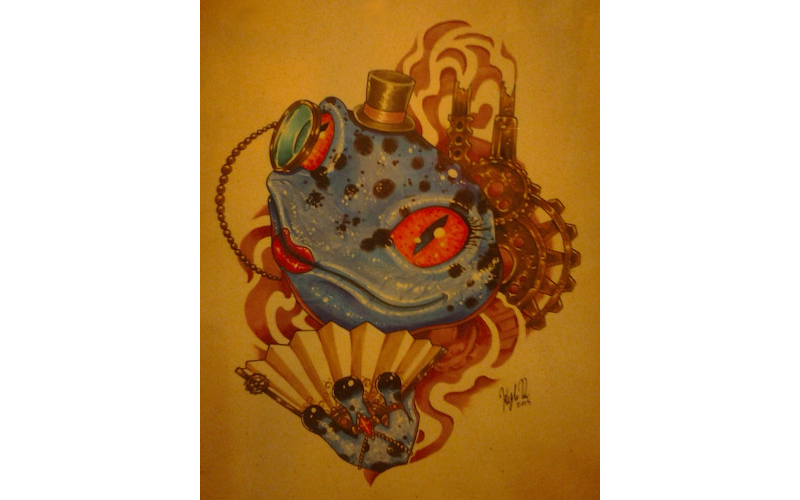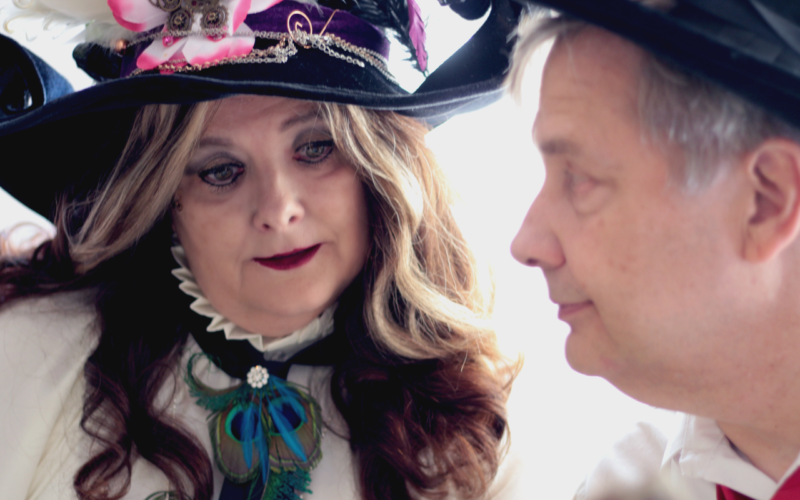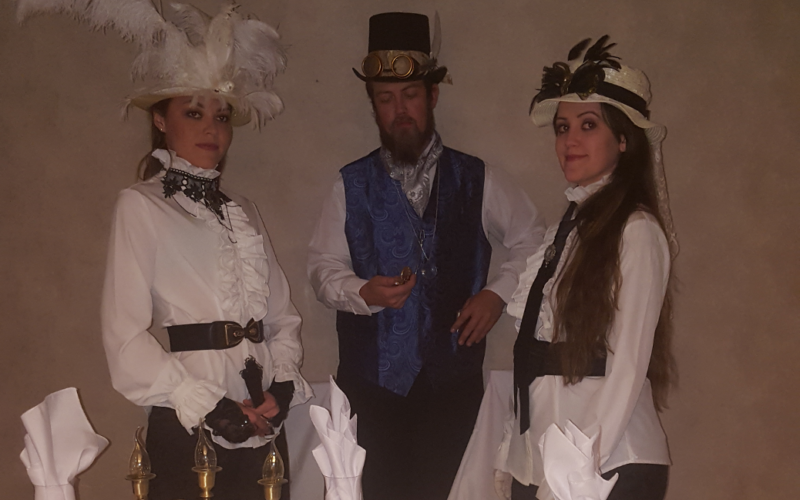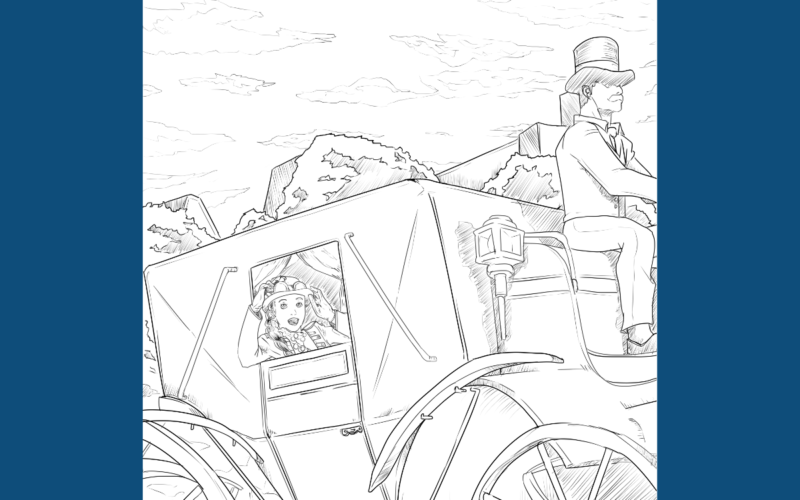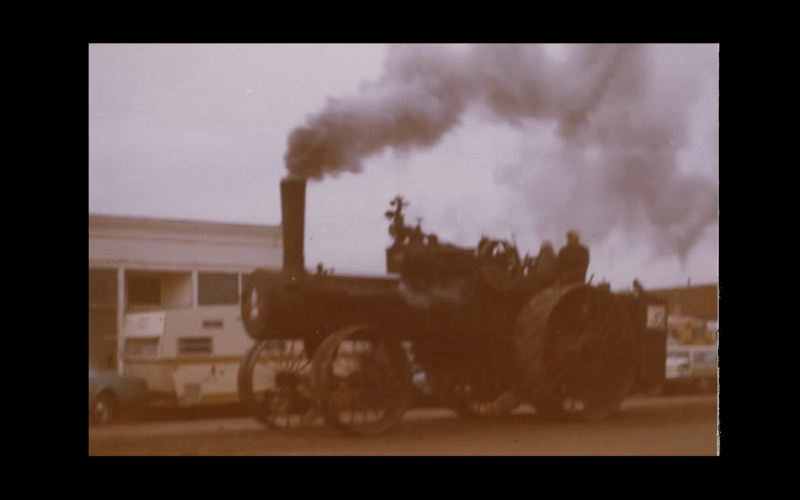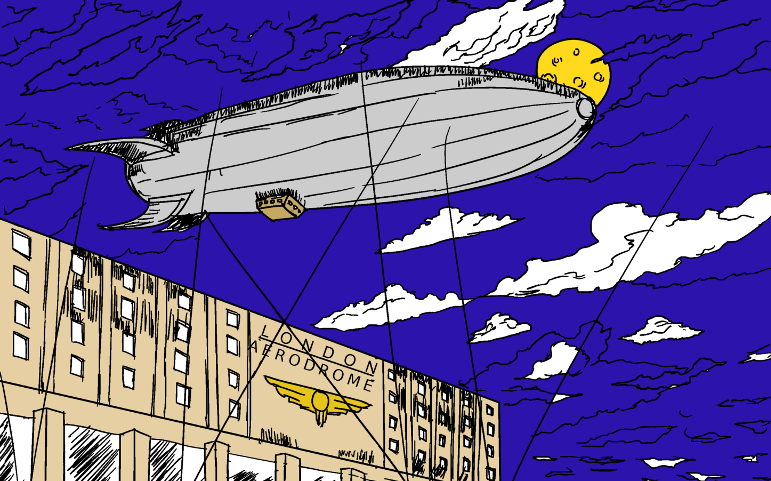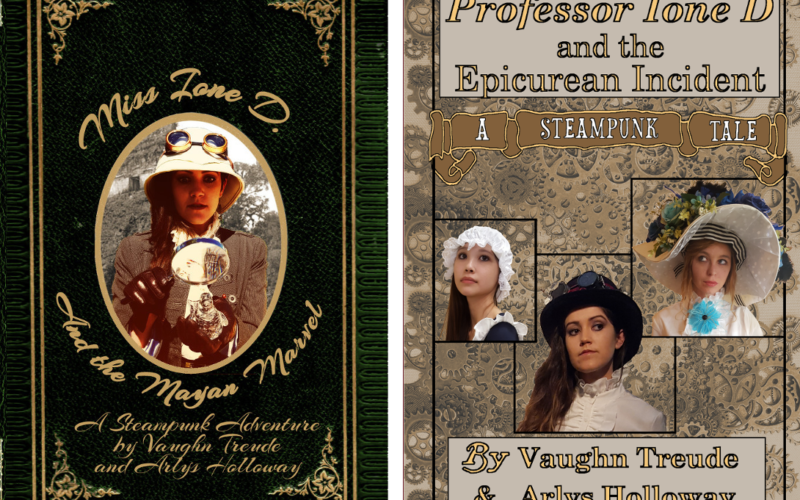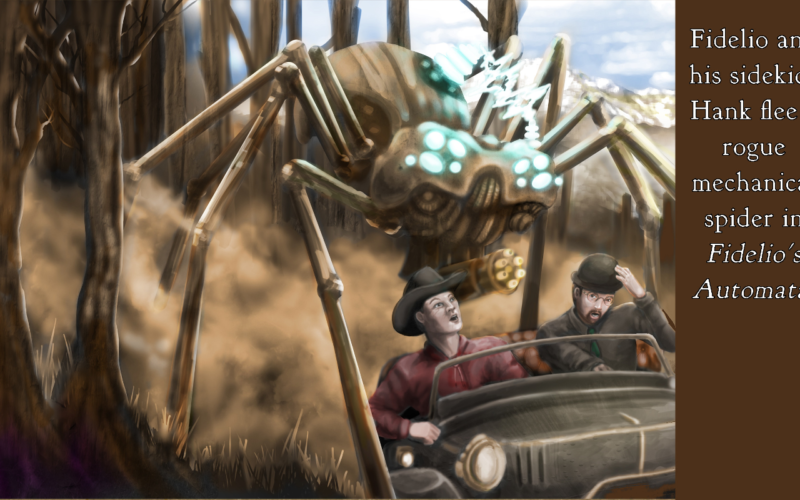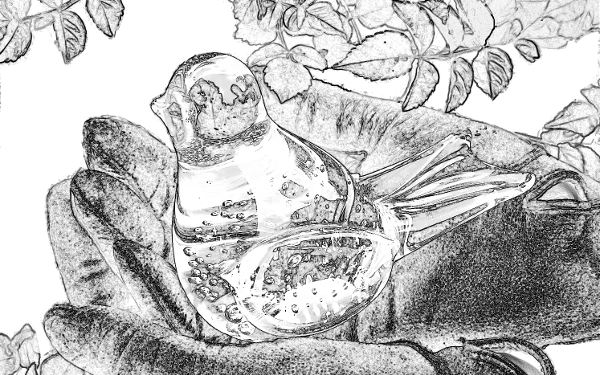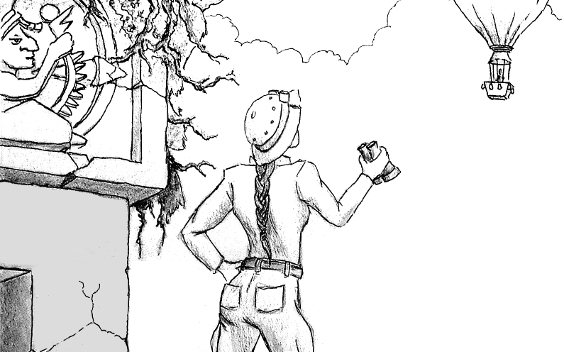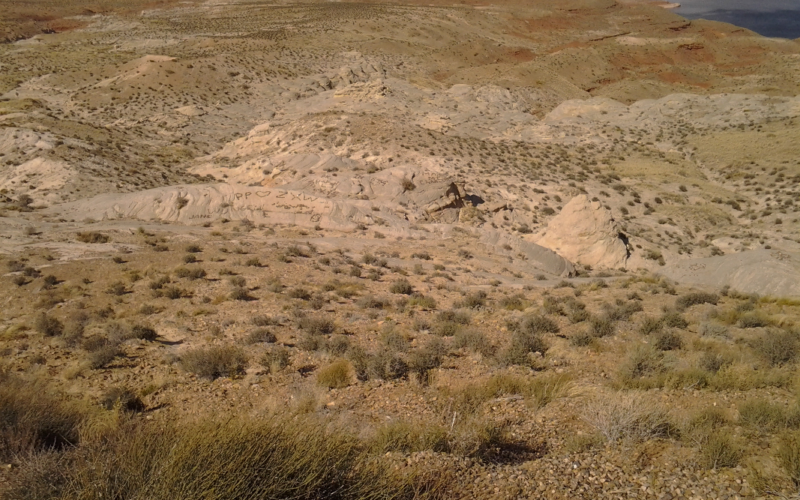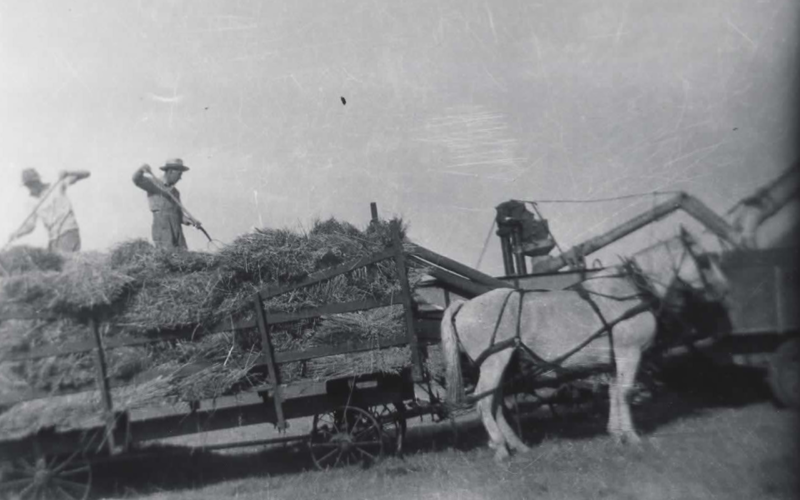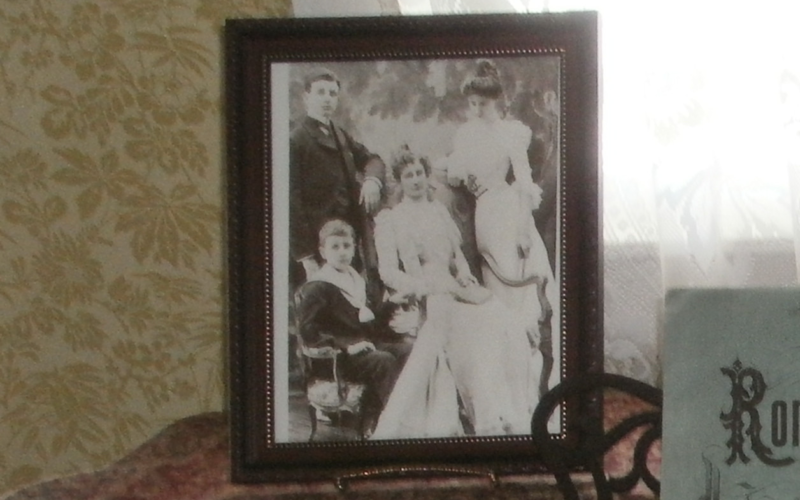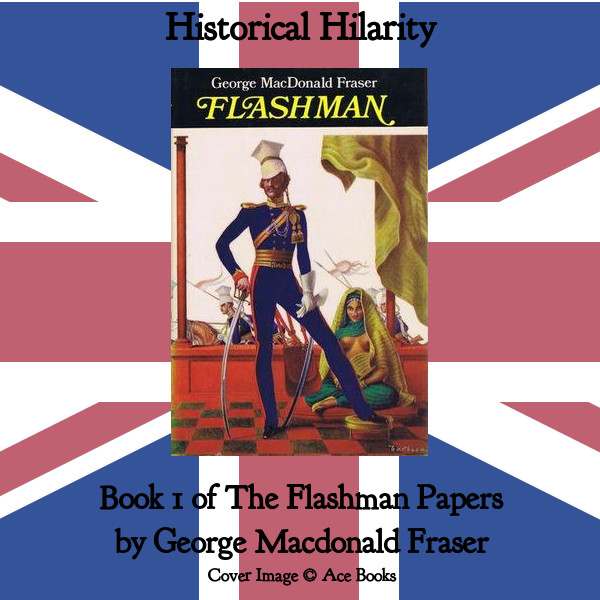
Harold Flashman’s astonishing adventures begin in the early 1800s with his expulsion at age 17 from Rugby School (named after the town, not the sport) for drunkenness. It’s a bawdy, dark comedy that would never past muster in this politically correct era. The man is too much of a scoundrel, and his many sins include his appalling treatment of women. Yet despite the despicable character of its protagonist, George MacDonald Fraser’s Flashman, 1969, is a jolly good read.
Flashman is the first of a 12-volume series of the character’s adventures. It’s an unauthorized sequel to Thomas Hughes’ novel Tom Brown’s School Days, chronicling the subsequent life of this particular character. Harold Flashman is a bully and a coward who bungles his way into honor and glory, accidentally becoming a national hero. The part I appreciated the most is the character’s unapologetic frankness. At age 80, he’s coming clean with a memoir of his sordid past. No doubt Fraser meant to satirize these negative aspects of British manhood.
Young Flashman undergoes all sorts of adventures, unwittingly being sent to British India to fight the Afghans. Thus the story is quite timely, given that America’s debacle in the land of the Pashtuns has been almost as disastrous as that of the British. From what I know of history, this fictional account is pretty accurate, except of course for the over-the-top Flashman character.
Harry Flashman is certainly the epitome of toxic masculinity. Sensitive modern readers would no doubt hate this story because (a) he’s not punished for his crimes and (b) contrary to modern progressive mythology, the Brits and their empire have some redeeming qualities, though they certainly have their share of scoundrels and nitwits. Among the latter, the nit-wittiest is General Elphinstone, the British commander who bungled the Afghan campaign, leading to the massacre of his entire command in 1842.
I find Fraser’s droll humor to be quite hilarious. Much of it is quite offensive to modern sensibilities, such as the incident when Flashie, as his friends call him, spears a helpless stray dog for sport. Yet you have to admit that a lot worse was going on in India at the time.
That Flashie is a scoundrel is unquestionable. Oddly, though, the most difficult thing for me to accept is his pathetic cowardice – when, for example, he begs his captors for his life before they’ve even begun torturing him, or when he refuses to fight at Piper’s Fort during the siege of Jalalabad, allowing brave Sergeant Hudson to die defending him. Luckily for Flashie, he’s the sole survivor of the battle, and he accepts the false acclamations of heroism without any shame whatsoever.
I must also note that I love the antiquated British slang of the narrative. The “hip hip cheerio” intonations of audiobook narrator David Case bring them colorfully to life.
In short, the novel’s plot, description, characterization, and language are all superb. The most negative aspect is the protagonist’s very unsympathetic character. That is why, despite the well-paced, exciting, and often hilarious story, I can’t give Flashman Book 1 more than 4 out of a possible 5 gears.

